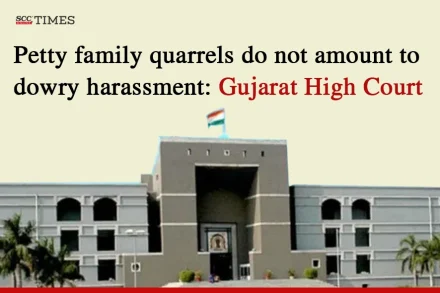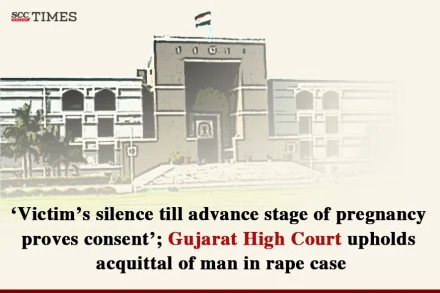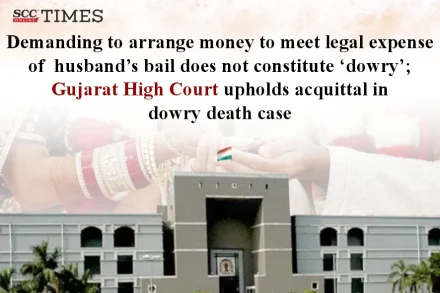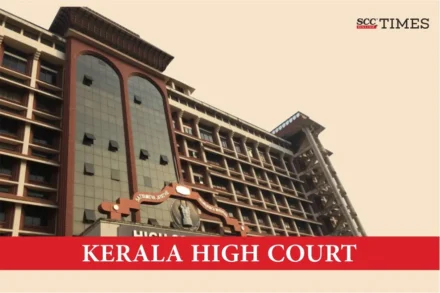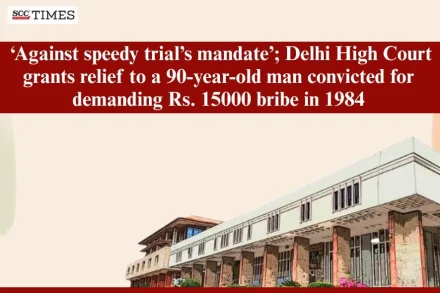
‘Against speedy trial’s mandate’; Delhi HC grants relief to a 90-year-old man convicted for demanding Rs. 15000 bribe in 1984
The present incident took place on 4-1-1984, and since then the proceedings have been continuing for over four decades, with the trial itself taking nearly 19 years to conclude, and the present appeal remaining pending for more than 22 years.



